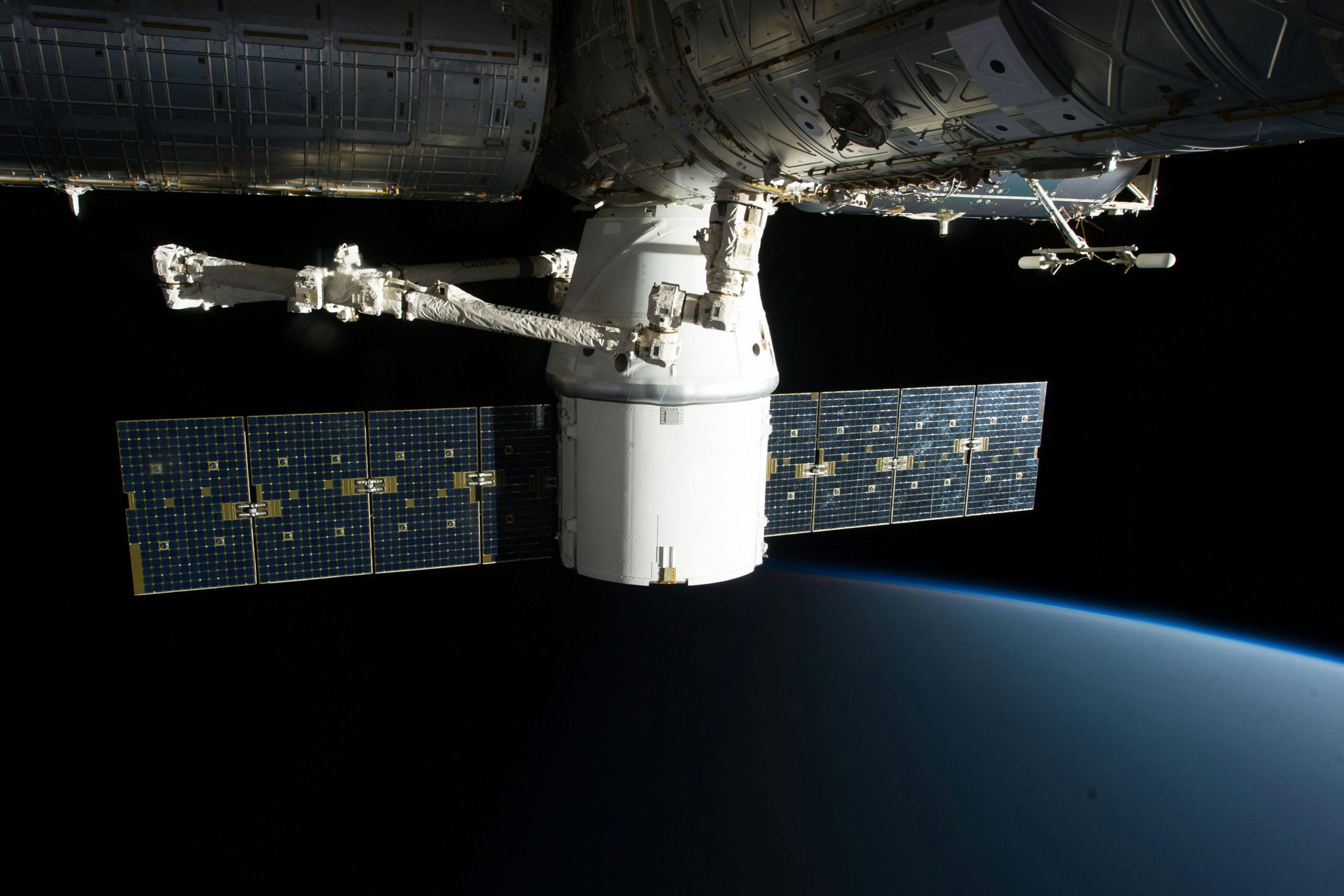The space and energy sectors are experiencing a significant surge in investments as the United States amplifies its efforts in space exploration, defense, and sustainable energy solutions. Recent data highlights a remarkable increase in contract awards, with NASA and the U.S. Space Force achieving record funding levels. Concurrently, the Department of Energy (DOE) has also ramped up its contract issuances, particularly focusing on nuclear development and environmental management. This blog post delves into these developments, shedding light on their implications and the potential future trajectory of these critical sectors.

Record Investments in Space Exploration and Defense
2022 has marked a pivotal year for the U.S. space industry, as both NASA and the U.S. Space Force have received unprecedented financial backing. This robust funding underscores a clear federal commitment to enhancing the country’s capabilities in space exploration and defense. Such investments not only bolster national security but also fuel innovations that could have extensive applications, from telecommunications to climate science.
NASA’s budget allocation has been directed towards several high-profile projects, including the Artemis program, which aims to return humans to the moon and eventually, Mars. Meanwhile, the U.S. Space Force, the newest branch of the U.S. Armed Forces, has focused on developing next-generation satellite technologies and space surveillance systems that are critical for both defense and global communications.
Boost in DOE Contracts for Nuclear and Environmental Projects
The Department of Energy is also witnessing a significant uptick in contract awards, especially at key national laboratories such as the Lawrence Livermore National Laboratory and Los Alamos National Laboratory. These contracts are primarily aimed at advancing nuclear energy capabilities and enhancing environmental management, aligning with the federal agenda to promote clean energy and reduce environmental liabilities.
Nuclear development projects are critical as they support the DOE’s mission to achieve energy security and sustainability. These initiatives include the development of small modular reactors (SMRs) and research into nuclear fusion, promising to revolutionize energy production with less waste and greater efficiency. Environmental management contracts, on the other hand, focus on the cleanup of nuclear sites, reducing environmental risks and safeguarding public health.
Implications and Future Outlook
The surge in contract awards in the space and energy sectors is not just a testament to the government’s commitment to these areas but also a reflection of the growing importance of technology and innovation in national priorities. With these investments, the U.S. is poised to lead in areas such as space exploration, nuclear technology, and environmental preservation.
Looking ahead, continued support and funding are essential for sustaining momentum in these crucial sectors. As the government continues to prioritize these areas, we can expect further advancements that will not only enhance national security and energy sustainability but also contribute to economic growth and technological leadership on the global stage.
Conclusion
The record levels of funding and contracts in the space and energy sectors are setting the stage for a new era of American leadership in science and technology. As we continue to monitor these developments, the impact of these investments will undoubtedly resonate across various facets of society, driving innovation and securing a sustainable and secure future.
FAQs About Space and Energy Sector Investments
Why are NASA and the U.S. Space Force receiving increased funding?
The substantial funding boosts for NASA and the U.S. Space Force reflect a strategic emphasis on enhancing the United States’ capabilities in space exploration and defense. This funding supports critical projects such as the Artemis program, aimed at moon and Mars missions, and the development of advanced space defense technologies.
What types of projects are being prioritized by the Department of Energy?
The Department of Energy is focusing on nuclear development, including small modular reactors and nuclear fusion technologies, and environmental management projects. These initiatives are crucial for advancing energy security, promoting clean energy, and managing environmental clean-up at nuclear sites.
How do these investments impact the overall economy and technological advancement?
The increased investments in space and energy sectors not only enhance national security and energy sustainability but also drive economic growth through job creation and technological innovation. These sectors are pivotal in maintaining the U.S. leadership in global technology and science arenas.
Next Steps?
Are you interested in more detailed insights on federal contracts and investment trends? Capitol 50 offers expert analyses tailored to your specific interests and needs. Secure a free 30-minute consultation with one of our specialists today and explore how these developments could impact your business or research. Don’t miss out on leveraging our deep industry knowledge and strategic insights.
Book Your Free Consultation Now!
Stay informed and ahead of the curve with Capitol 50, your trusted source for the latest in federal contracting and sector-specific advancements.
#SpaceExploration #EnergySector #FederalContracts #NASA #USSpaceForce #DepartmentOfEnergy #Innovation #Technology




